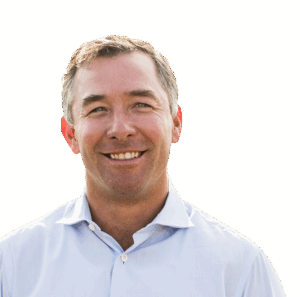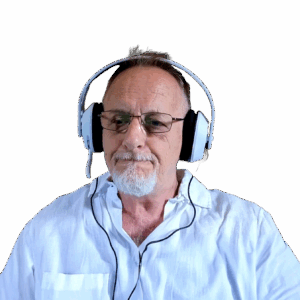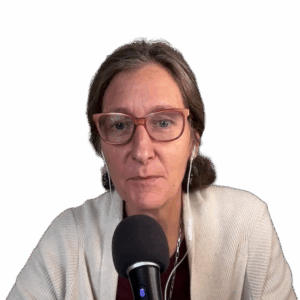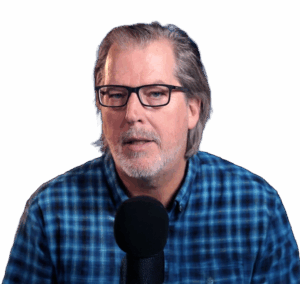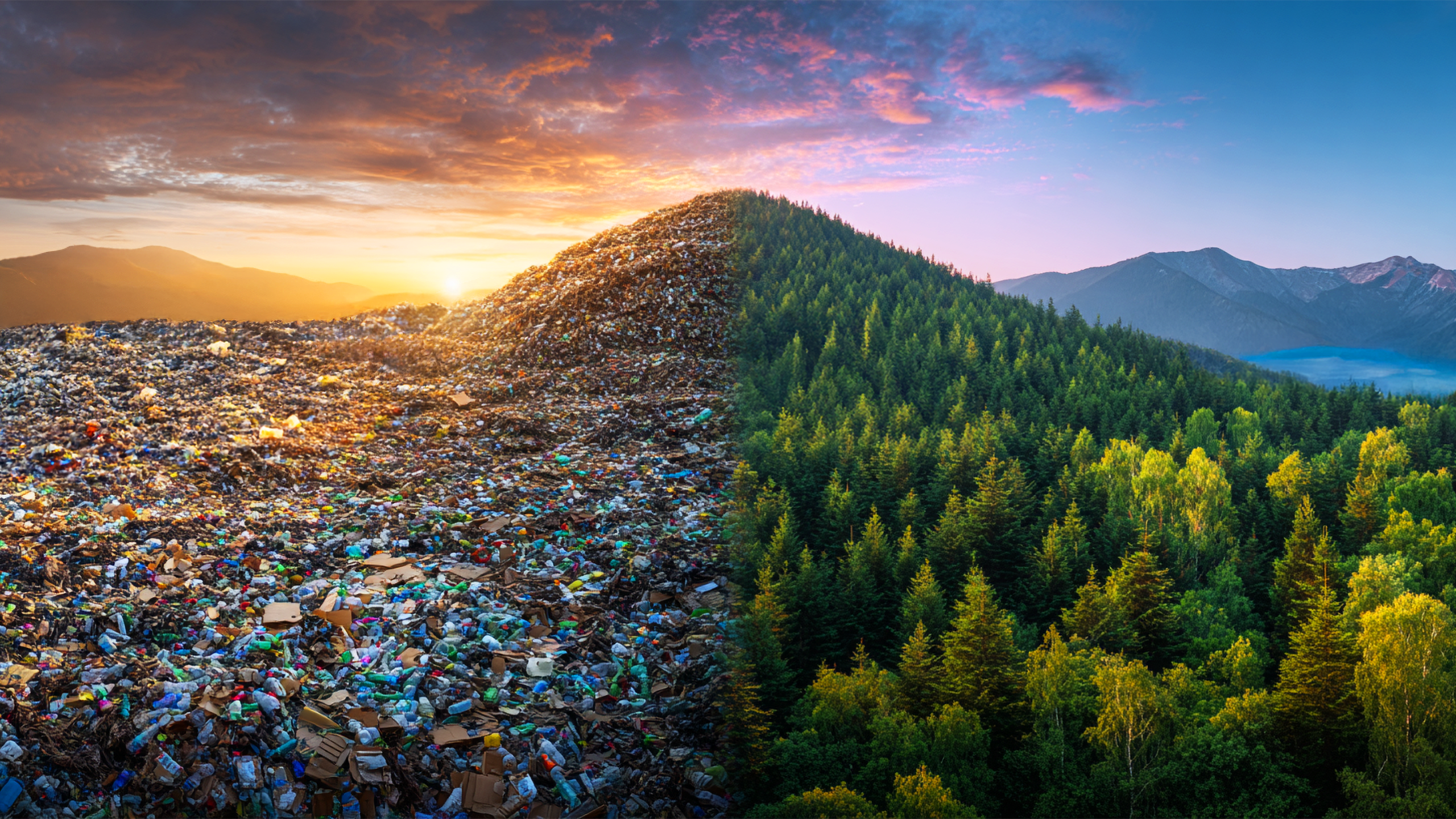
Ep 186 | Wes Carter
Wes Carter — The Packaging Revolution: Industry’s Responsibility & the Innovations That Could Mitigate the Waste Crisis
Description
Packaging is an unavoidable feature of modern life. It’s so embedded in our products and systems that even the most environmentally-minded consumers struggle to avoid it entirely. Yet packaging accounts for nearly half of all plastic waste, contributing to widespread ecological harm and growing threats to human health – highlighting the urgent need for an overhaul of packaging materials and industry practices. So how are some industry leaders reimagining materials, systems, and supply chains in ways that align with the realities of our finite planet?
In today’s episode, Nate is joined by Wes Carter, president of Atlantic Packaging, to discuss the pressing need for radical transformation in the packaging industry, and how his company has become a leader in sustainable packaging innovation. He emphasizes the role of industry in addressing the plastic pollution crisis, especially given the outsized role of plastic packaging in damaging human and planetary health. He also shares his personal journey towards environmental stewardship and the significance of personal healing and spiritual growth in driving systemic change.
How can leaders working within these systems drive outsized change – before ecological limits force change upon us? What could other industries learn from the rapid innovation of packaging systems and technology? Ultimately, does the real transformation go beyond technology and into our expectations and values for what it means to lead fulfilling and meaningful lives beyond a consumer culture built solely on comfort?
About Wes Carter
Wes Carter is the founder of A New Earth Project and the third generation leader of Atlantic Packaging. Atlantic is the largest privately-held and most technical resource in packaging in North America, supporting major consumer products packaging needs across virtually every manufacturing vertical. Atlantic specializes in optimizing packaging through technology and comprehensive programs to drive sustainable value. Today, as the president of Atlantic Packaging, Wes is the driving force behind the company’s sustainability initiative and its commitment to making real and lasting change. He launched A New Earth Project in January of 2020 to be the inspiration driving this movement into the future.
In French, we have a motto that says that a simple drawing is often better than a long explanation. Jean-Marc Jancovici Carbone 4 President
That’s very understandable because with left atmosphere thinking, one of the problems is that you see everything as a series of problems that must have solutions. Iain McGilchrist Neuroscientist and Philosopher
We can’t have hundreds and hundreds of real relationships that are healthy because that requires time and effort and full attention and awareness of being in real relationship and conversation with the other human. Nate Hagens Director of ISEOF
This is the crux of the whole problem. Individual parts of nature are more valuable than the biocomplexity of nature. Thomas Crowther Founder Restor
Show Notes & Links to Learn More
Download transcript– Sustainable Consumption Guide
– Other Sustainable Living Tips
– Guide to Curbside Recycling
– Guide to Recycling many different materials: Earth911
00:00 – Wes Carter, LinkedIn, President of Atlantic Packaging and their Sustainability Initiatives, A New Earth Project (Social Media)
05:00 – History of Atlantic Packaging
05:45 – Plastic pollution in Southeast Asia
08:00 – Pushing the pollution crisis on the consumer
09:20 – Comfort doesn’t always mean happiness/well-being
10:40 – Biomimicry, Biomimetic Design, TGS Episode on Biomimicry
11:02 – Percentage of product cost that accounts for packaging
12:53 – Hundreds of billions invested in plastics in recent decades
13:17 – Plastics/Packaging made from Hemp + Mycelium, Seaweed, Lignin (Feedstock)
14:02 – Extended Producer Responsibility (EPR), Legislation, Implementation challenges
15:46 – Industrial vs. Consumer Packaging
16:00 – Asia burning plastic
16:28 – B to B packaging, Ecommerce, packaging, and COVID-19
18:30 – The U.S.’ solid waste infrastructure, Their recycling infrastructure
19:30 – Working forests and paper production in the U.S.
20:07 – Reality of plastic recycling, EPA Plastic Fact Sheet
20:48 – Recycling sorting facilities
22:00 – Waste streams
22:40 – U.S. Paper Recycling Rate
25:40 – Amazon decreasing plastic-based packaging
29:00 – Plastic in waterways, Toxic chemicals in our environment
30:00 – Atlantic Packaging Wellness Program
33:09 – Our market doesn’t include externalities in prices
33:45 – Human-made mass outweighs all living biomass, Plastics outweigh all land animals and marine creatures
34:50 – Plastic is byproduct of crude oil, Plastic subsidies
35:23 – New Earth Ventures
36:11 – Cruz Cool – Time’s Best Inventions of 2023
38:09 – Overshoot: Ecological, Social, Financial, & Climate Change is not prioritized by the current U.S. administration
39:42 – Make America Healthy Again (MAHA),Food Packaging and Chemical Migration
40:26 – Secretary Robert F. Kennedy, Referenced Speech, Chemicals of Concern Conference
41:23 – Jeremy Grantham info + works, TGS Episodes 1 + 2
Episodes on Plastic:
– Martin Scheringer: “The Growing Threat from Chemical Pollution”
– Sian Sutherland: “Innovating the Business of Plastics”
– Jane Muncke: “Perils of Plastic Packaging”
– Jane Muncke “Shutting Off The Plastic Tap: A Global Treaty To Regulate Petrochemical Pollution?”
– Reality Roundtable 15 – The Plastic Crisis: A Health and Environmental Emergency
41:40 – Endocrine disrupting chemicals, Microplastics in the body
43:15 – Sustainable Forests
44:42 – Starch-based food packaging trays, Barrier properties of plastic film
46:20 – 18-34 year olds have highest buying power and highly value sustainability
48:43 – 6-ring plastic ocean effects, Fishbone-based alternative
52:39 – Bottle Bills, Campaigning for Bottle Bill in your state, Recycling rates of those states
53:30 – Europe’s Success in Waste Management
57:40 – Charles Eisenstein
58:28 – Economic Superorganism
58:48 – Privately vs. Publicly Company
1:05:35 – The CIRCLE Act
1:07:30 – Industrial Composting, CompostNow
1:12:10 – Religious and philosophical views of Albert Einstein
1:16:05 – Iboga bark
1:19:09 – Redemption Song by Bob Marley
1:19:40 – Dharma, Dharma Inquiry

